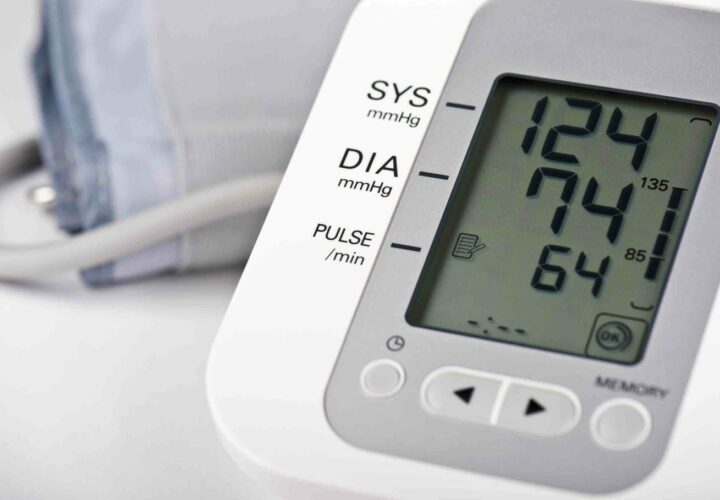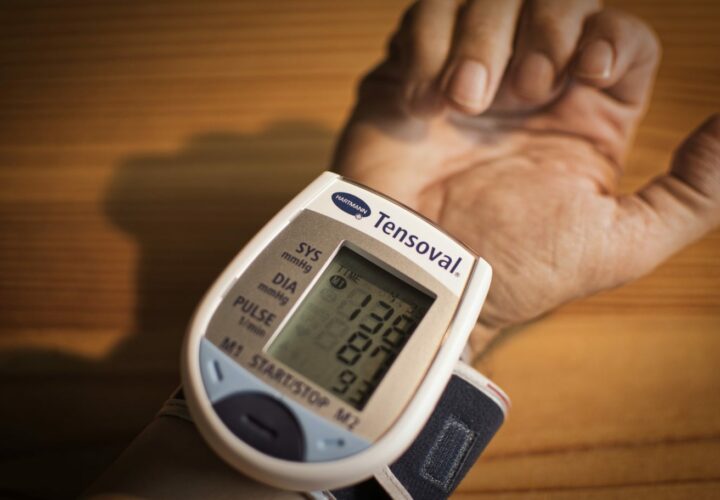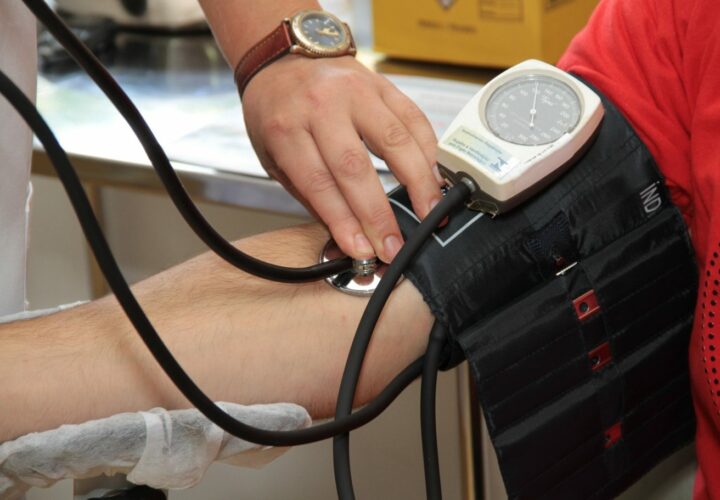A common blood pressure drug called nilvadipine shows promise in delaying the progression of Alzheimer's disease in early stages.
New research suggests that the common blood pressure drug nilvadipine boosts blood flow to the brain in people with Alzheimer’s, which could potentially slow the progression of the disease. The findings are published in the American Heart Association’s journal Hypertension.
The study found that, compared to a placebo, nilvadipine increased blood flow by 20 percent to the hippocampus, the brain’s memory and learning center, without lowering blood flow to other areas of the brain.
Cerebral blood flow (CBF) and Alzheimer’s disease
Researchers have known for some time that, in Alzheimer’s patients, blood flow to the brain’s memory center is decreased. This new report indicates that the decline in blood flow can be reversed. However, the researchers note that more research is needed to determine whether boosting blood flow to the hippocampus could delay Alzheimer’s progression.
This small study used MRIs to look at blood flow in the brains of people with mild to moderate Alzheimer’s disease. The group of 44 participants were randomly assigned to receive nilvadipine or a placebo for six months. Compared to patients taking a placebo, those given the nilvadipine had a 20 percent increase in blood flow to the hippocampus, without impacting other areas of the brain.
This could explain how hypertension may increase the risk of late-onset Alzheimer’s disease. “Restoring cerebral blood flow through vascular (e.g., antihypertensive) treatment could, therefore, become a new and feasible therapeutic target aimed at slowing down the progressive cognitive and functional decline in AD,” the researchers explained.
The study is part of ongoing research from a phase 3 clinical trial conducted in 2012 called NILVAD. While the trial didn’t find any overall benefits, the researchers did see a demonstrably slower decline in memory in a small subset of patients. This study went on to examine blood flow in people from that clinical trial.
The link between high blood pressure and Alzheimer’s
Growing evidence shows that chronic high blood pressure increases the risk for dementia. For that reason, many studies have found promising results in treating potential dementia cases with hypertension drugs.
One study published earlier this year in JAMA found that when two groups of people with hypertension were put on medication to lower their systolic blood pressure to either 120 or 140, the group who achieved the lower systolic number fared far better than the other. Three years later, those who lowered their blood pressure the most had the least risk of Alzheimer’s.
Related: How High Blood Pressure Causes Problems in the Brain
Research on nilvadipine for Alzheimer’s symptoms and progression
Past preclinical research on nilvadipine found that the drug lowered the accumulation of beta-amyloid plaques – proteins considered hallmarks of Alzheimer’s. It’s also been found to help clear existing plaques.
Clinical trials so far on the therapeutic benefits of nilvadipine for Alzheimer’s show modest but promising results.
An open-label trial to test safety of the blood pressure drug found that nilvadipine was well-tolerated in people with and without hypertension. Furthermore, Alzheimer’s patients taking nilvadipine showed cognitive improvement or stabilization of symptoms, compared to those taking a placebo. In people with the ApoE4 gene, Alzheimer’s symptoms stabilized. Those without the gene showed stabilization of symptoms, as well as an improvement in executive function. Executive function is a set of core processes in the brain that allow you to manage and complete life tasks.
The other clinical trial, NILVAD, found that only patients with mild symptoms of Alzheimer’s disease showed a slower decline in memory.
“In the future, we need to find out whether the improvement in blood flow, especially in the hippocampus, can be used as a supportive treatment to slow down progression of Alzheimer’s disease, especially in earlier stages of disease,” said study lead author Jurgen Claassen, M.D., Ph.D., associate professor at Radboud University Medical Center in Nijmegen, the Netherlands.








I am greatly excited about the above prospects in not only helping myself out of this quagmire but in possibly helping others similarly afflicted!
Is there a generic or vitamin that contains the SAME ingredents?